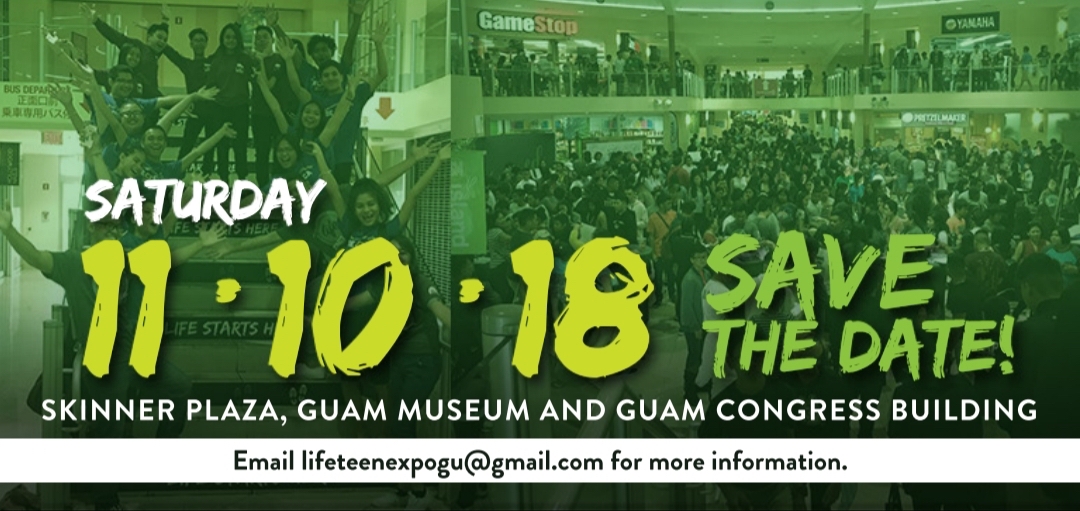LIFE Teen Expo (LTE) brings a variety of opportunities: college and career readiness, military organizations, tips on starting a business, financial literacy, social outreach programs, sustainability and importance of being eco-friendly, repurposing donated items, and more!
2018 LIFE (Live*Imagine*Fulfill*Experience) Teen Expo

2018 LIFE (Live*Imagine*Fulfill*Experience) Teen Expo
- Status: Past Project
- Possible Hours: 8
- Categories: Social Justice, Peace and Kindness, Emergency Preparation and Response, Education and Literacy, Citizenship and Civic Engagement, Environment and Sustainability, Health and Wellness, Homelessness and Poverty, History and Culture
- Schools: Open to All Schools
- Project Start Date: 11/10/2018
- Project End Date: 11/10/2018
LIFE Teen Expo (LTE) brings a variety of opportunities: college and career readiness, military organizations, tips on starting a business, financial literacy, social outreach programs, sustainability and importance of being eco-friendly, repurposing donated items, and more!
Sign up through the contact person listed at the bottom of this post. Inform her of what your interest is for your participation (planning, sharing knowledge, clean-up).
At the event, enroll to participate in the workshops and be counted for the School Spirit Award contest.
Get support from one of your teachers who will agree to grant you the hours upon successful completion of the project.
Sign in and out at the event to validate your participation.
Follow the coordinator's directions as to what you are expected to do.
If you are earning hours by sharing knowledge, here are some options: Slide show of photos, social media sharing, classroom presentations, posters, song-writing, poetry writing, wrting for school paper or in a letter to the editor of a school paper, or local paper. Ask your sponsoring teacher if your idea for sharing is acceptable.
Reflection will depend on activities and workshops students participated in. Share your personal experience and what you learned from the various presenters and booths. Basically address: What did you do? What did you learn? How do you think this project made a difference in improving life of teens? Do you think the LIFE Teen Expo should be an annual event? Why or Why not?
Justify how many hours you think you deserve based on your participation. For example: if you were part of the planning committee, you may have more hours than someone who attended and shared your knowledge via social media. Remember that service learning must have a service aspect as well as a learning aspect.
Standards addressed will vary depending on the workshops students sign up for. Here are some possibilities:
FINE ARTS DANCE: HIGH SCHOOL: PROFICIENT LEVEL ONE
HSP1.2.1 Demonstrate refined physical coordination when moving or utilizing stillness at an intermediate level. EXAMPLE(S): alignment, agility, balance, strength
HSP1.2.2 Perform at an intermediate level in a dance genre. EXAMPLE(S): modern, ballet, jazz, tap, ballroom, social/recreational, ballroom
HSP1.2.3 Apply knowledge of dance vocabulary to distinguish how movement looks physically in space, time, and force/energy.
HSP1.2.4 Create a body of short studies of dance demonstrating originality, unity, and clarity of intent.
HSP1.2.5 Create and perform improvisations, studies, and composition with dynamic range.
HSP1.2.6 Identify and apply basic music elements to construct and perform dances. EXAMPLE(S): rhythm, meter, tempo, timbre HSP1.2.7 Design a dance that utilizes an established genre. HSP1.2.8 Demonstrate performance skill in the ability to interpret and communicate through dance.
Physical Education:
Standard 5: Responsible Personal and Social Behavior Students exhibit responsible personal and social behavior that respects self and others in physical activity settings.
HS.5.1 Demonstrate safe and appropriate use and care of equipment and facilities. EXAMPLE(S): Anticipate potentially dangerous situations related to physical activity (e.g., attach safety clip to shirt while operating the treadmill; check a softball bat prior to stepping up to the plate).
HS.5.2 Relate the benefits of physical activity to social and emotional well-being. EXAMPLE(S): Participate with friends and/or family in physical activities to relax or relieve stress.
HS.5.3 Describe the potential physiological risks associated with physical activity in various environments. EXAMPLE(S): Monitor temperature and humidity; drink water while in hot weather. HS.5.4 Apply game rules accurately and fairly during activity. EXAMPLE(S): Self-officiate a game of Frisbee with respect and compassion for children with individual differences.
HS.5.5 Develop strategies for inclusion of all students in physical activity. EXAMPLE(S): Use a ball with a sound device for a blind student.
HS.5.6 Demonstrate and apply appropriate rules of etiquette in games and activities. EXAMPLE(S): Escort a lady off the dance floor; no talking while a golfer is teeing off.
SOCIAL STUDIES
AG.4.16
Practice personal character traits that facilitate thoughtful and effective participation in civic life, including the
following:
• Trustworthiness and honesty
• Courtesy and respect for the rights of others
• Responsibility, accountability, and self-reliance
• Respect for the law
• Patriotism
• Financial responsibility
Social Studies: Government and Civics AG.4.17
Explain the importance of thoughtful and effective participation in civic life, including the following:
• Obeying the law and paying taxes
• Serving as a juror
• Participating in the political process
• Performing public service
• Keeping informed about current issues
• Respecting differing opinions in a diverse society
• Practicing personal and fiscal responsibility
Acknowledged by Teacher/Guidance Counselor:
Print name: _____________________________
Signature:_______________________________
Date:______________________









